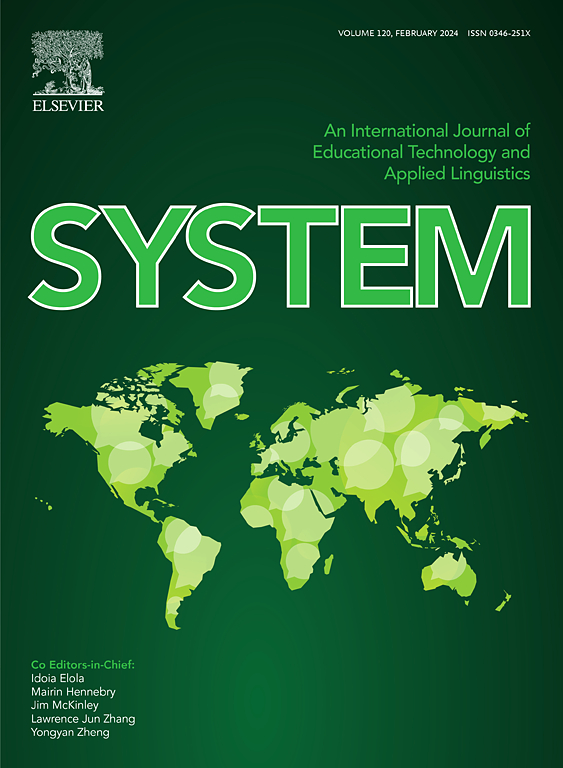Exploring single cell microbial protein as a sustainable fishmeal alternative in yellowtail kingfish (Seriola lalandi) diets: impacts on health and gut microbiome
IF 7
1区 农林科学
Q1 Agricultural and Biological Sciences
引用次数: 0
Abstract
With the global expansion of aquaculture and the increasing demand for fish meal, identifying appropriate and sustainable alternative protein sources for aquafeeds has become essential. Single-cell protein (SCP), derived from methanotrophic bacteria, presents a promising alternative by converting methane into protein, potentially addressing both the need for alternative protein sources and reducing industrial greenhouse gas emissions. This study aimed to evaluate the effects of different levels of SCP inclusion (0%, 25%, 50%, and 75% fish meal replacement) on the health, gene expression, and gut microbiome of yellowtail kingfish (YTK, Seriola lalandi) following a 35-day growth trial. The study found that SCP inclusion at the highest level of fishmeal replacement (75%) induced a mild inflammatory response in the hindgut of the fish. However, micromorphological assessments of the hindgut, serum biochemistry, and gene expression analyses revealed no significant detrimental effects from SCP replacement. Notably, there were indications of improved lipid digestibility with SCP. Furthermore, SCP inclusion significantly enhanced microbial richness and altered the composition of the gut microbiome, introducing beneficial bacterial taxa that may contribute to improved gut health and resilience. This study highlights SCP as a viable and sustainable alternative to fish meal in YTK diets. The findings suggest that SCP can be included in YTK diets without adverse health effects at moderate levels and may even offer benefits in terms of lipid digestibility and gut microbiome diversity. These results contribute to the advancement of more sustainable aquaculture practices.探索单细胞微生物蛋白作为黄尾王鱼(serola lalandi)饲料中可持续的鱼粉替代品:对健康和肠道微生物组的影响
随着全球水产养殖的扩大和对鱼粉需求的增加,确定适当和可持续的替代蛋白质来源已成为至关重要的水产饲料。单细胞蛋白(SCP)来源于甲烷营养细菌,通过将甲烷转化为蛋白质,提供了一种有前途的替代方案,可能解决替代蛋白质来源的需求并减少工业温室气体排放。本研究旨在通过35天的生长试验,评估不同水平的SCP(0%、25%、50%和75%替代鱼粉)对黄尾王鱼(YTK, serola lalandi)健康、基因表达和肠道微生物组的影响。研究发现,在最高水平的替代鱼粉(75%)中加入SCP可诱导鱼后肠出现轻度炎症反应。然而,后肠的微形态学评估、血清生化和基因表达分析显示,SCP替代没有显著的有害影响。值得注意的是,有迹象表明SCP改善了脂质消化率。此外,SCP的加入显著提高了肠道微生物的丰富度,改变了肠道微生物组的组成,引入了有益的细菌类群,可能有助于改善肠道健康和恢复力。本研究强调SCP是YTK日粮中可行和可持续的鱼粉替代品。研究结果表明,在中等水平的YTK日粮中添加SCP不会对健康产生不利影响,甚至可能在脂质消化率和肠道微生物群多样性方面提供益处。这些结果有助于促进更可持续的水产养殖做法。
本文章由计算机程序翻译,如有差异,请以英文原文为准。
求助全文
约1分钟内获得全文
求助全文
来源期刊

Journal of Animal Science and Biotechnology
AGRICULTURE, DAIRY & ANIMAL SCIENCE-
CiteScore
9.90
自引率
2.90%
发文量
822
审稿时长
17 weeks
期刊介绍:
Journal of Animal Science and Biotechnology is an open access, peer-reviewed journal that encompasses all aspects of animal science and biotechnology. That includes domestic animal production, animal genetics and breeding, animal reproduction and physiology, animal nutrition and biochemistry, feed processing technology and bioevaluation, animal biotechnology, and meat science.
 求助内容:
求助内容: 应助结果提醒方式:
应助结果提醒方式:


